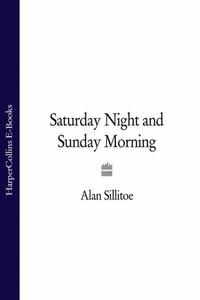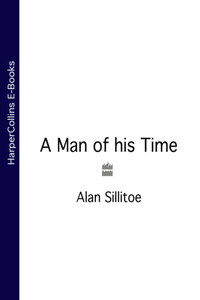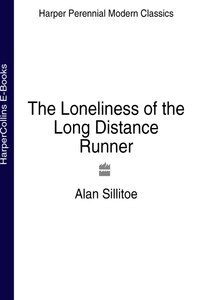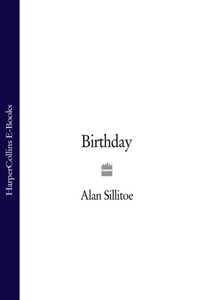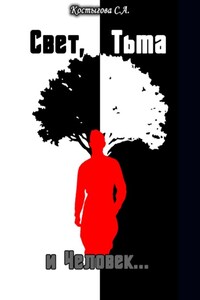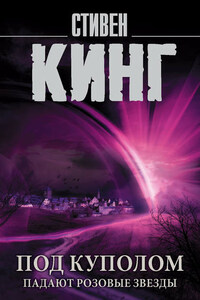Saturday Night and Sunday Morning was first published nearly twenty years ago, in the autumn of 1958.
No one was more surprised by its success than I was, not even the reviewers and critics. I wrote the final version in Majorca, in 1956-7, but many of the chapters and various parts of it had been composed from 1950 onwards, so that it was in progress for seven years before the final typed version was sent to London.
Some of the chapters were originally written as short stories, a few of which were sent to magazines, but not accepted. One or two items in the novel (including the reflections while fishing by the canal bank on Sunday morning) were written as poems. They were merely incidents, yet fitted well into the novel because they either concerned one character — Arthur Seaton — or centred around one city and one family.
These sketches and stories have been lost, because in moving from one pan of Spain to another during those indigent years of apprenticeship I could not take into my suitcases the monstrous amount of paper that was constantly accumulating.
The novel was turned down by four publishers. I thought I would make £200 from it at most, with which sum I intended to return to Majorca, and live for a year until I had another novel ready for publication — which I also hoped would earn me the same amount. And so I would go on living and writing.
Many people make the mistake of assuming that the novel is autobiographical, as they did when it first appeared. It is not, at least not in the strictest sense of the word. When I was writing it I had not been in a factory for ten years. But the novel, while mirroring the sort of atmosphere I grew up in, is a work of the imagination in that all the actors in it are put together from jigsaw pieces assembled so that no identifiable characters came out at the end. I imagine novelists of the middle-class condition also perform in this way.
I had no theme in my head except the joy of writing, the sweat of writing clearly and truthfully, the work of trying to portray ordinary people as I knew them, and in such a way that they would recognize themselves. This took me a long time to achieve, and was more difficult than one might imagine.
It is not up to me to say whether I succeeded or not. I am a writer still, not a critic or reviewer. I am too engrossed in the construction of my own novels, as I was with this one, even to be a reader of them in the final sense. After all, Saturday Night and Sunday Morning was and remains a first novel, with all its liberties and limitations. Yet it was in this piece of work that I think I found my true voice, and if I still like it at all, it is for that reason. Beyond that point, it is in the reader’s hands.
ALAN SILLITOE
1979
The rowdy gang of singers who sat at the scattered tables saw Arthur walk unsteadily to the head of the stairs, and though they must all have known that he was dead drunk, and seen the danger he would soon be in, no one attempted to talk to him and lead him back to his seat. With eleven pints of beer and seven small gins playing hide-and-seek inside his stomach, he fell from the top-most stair to the bottom.
It was Benefit Night for the White Horse Club, and the pub had burst its contribution box and spread a riot through its rooms and between its four walls. Floors shook and windows rattled, and leaves of aspidistras wilted in the fumes of beer and smoke. Notts County had beaten the visiting team, and the members of the White Horse supporters club were quartered upstairs to receive a flow of victory. Arthur was not a member of the club, but Brenda was, and so he was drinking the share of her absent husband — as far as it would go — and when the club went bust and the shrewd publican put on the towels for those that couldn’t pay, he laid eight half-crowns on the table, intending to fork out for his own.
For it was Saturday night, the best and bingiest glad-time of the week, one of the fifty-two holidays in the slow-turning Big Wheel of the year, a violent preamble to a prostrate Sabbath. Piled-up passions were exploded on Saturday night, and the effect of a week’s monotonous graft in the factory was swilled out of your system in a burst of goodwill. You followed the motto of ‘be drunk and be happy’, kept your crafty arms around female waists, and felt the beer going beneficially down into the elastic capacity of your guts.
Brenda and two other women sitting at Arthur’s table saw him push back his chair and stand up with a clatter, his grey eyes filmed over so that he looked like a tall, thin Druid about to begin a maniacal dance. Instead, he muttered something that they were too tight or far away to understand, and walked unsteadily to the top stair. Many people looked at him as he held on to the rail. He turned his head in a slow stare around the packed room, as if he did not know which foot to move first in order to start his body on the descent, or even know why he wanted to go down the stairs at that particular moment.
